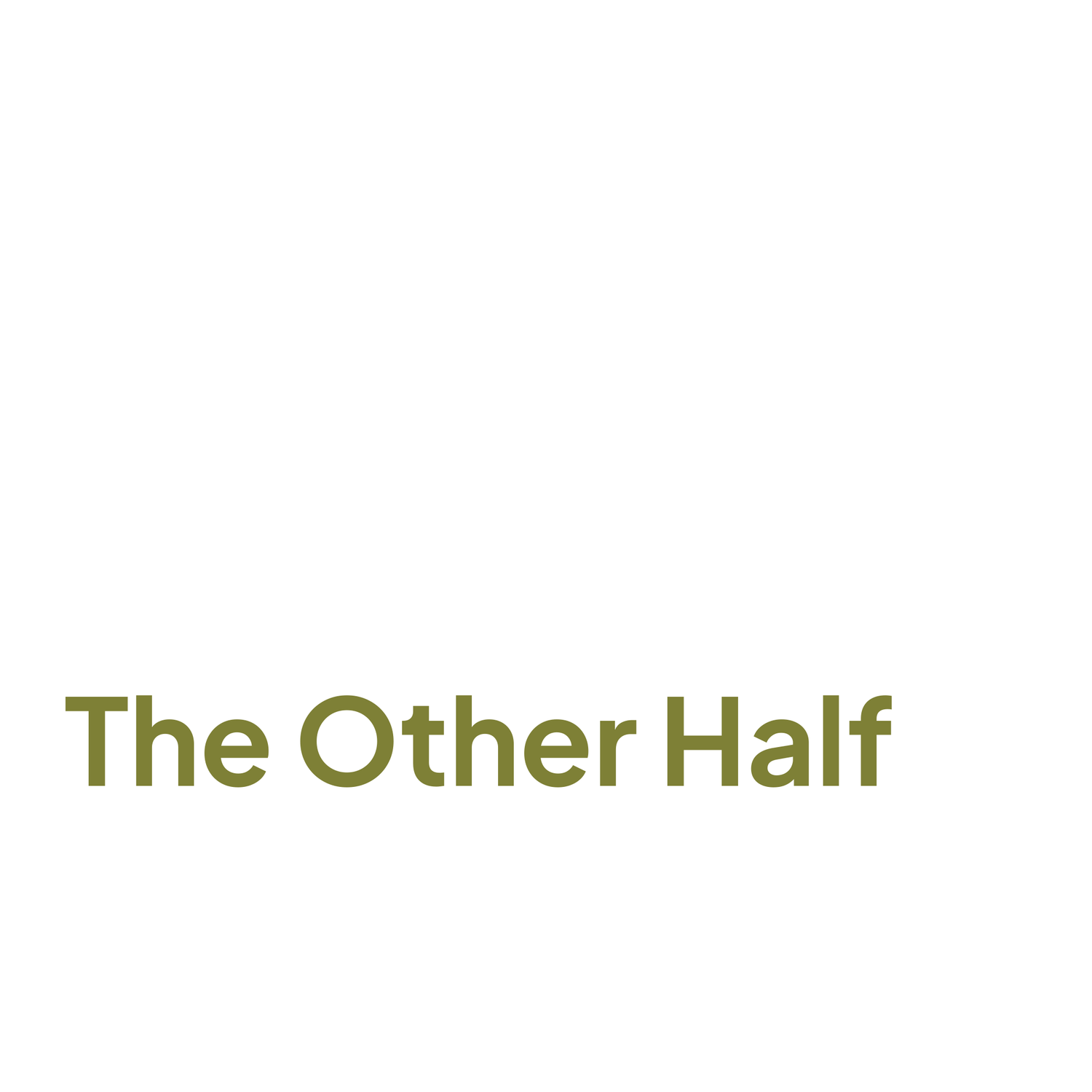Mothers Anothers Ep1. Prof Alison Wolf, on the new world of working women
This is a new series of interviews from the Other Half where we explore the reality and politics of motherhood and care.
“For the feminist, unpaid home-based activity is labour performed under the lash of patriarchy. For the economist, unpaid work does not contribute to GNP and so does not exist.”
Alison Wolf - professor at King's College and member of the House of Lords – wrote an arresting article 'Working girls' in Prospect magazine, which set out the many impacts on society that accompanied women’s entrance into the jobs market. She describes the falling birthrate, the collapse of volunteering, and the end to ‘the sisterhood’: where women’s lives and struggles were alike. But she wrote this nearly twenty years ago – in 2006.
That striking article became a book, XX Factor Women in 2013, which set out her premise that a small group of women, committed to career, were succeeding in this new world. But the rest of us were not: for those who value family and care, or who have jobs, not careers, the world looks very different. Today's Government prioritises funded childcare for babies and infants to get all women into full time work: as Prof Wolf says today she’d “be working full time, and would have had one child, not three”.
We discuss ten (and a bit) years on from XX Factor Women what Prof Wolf got right, what’s changed, what the future looks like for mothers and work, and why the collapse of the birth rate might be the clue to developing another model.
Show Notes - we cover:
The end of sisterhood and the development of two classes of women. the top 15-20%: a mobile, educated, independent, ‘equality’ seeking group, and the rest, who are less educated, more likely to have had at least one child, do not live to work and may work in female-coded employment like nursing or teaching. Some of these women fulfil the lower status roles in “the new servant class” who perform domestic work on a paid basis.
The impact of campaigning for ‘”perceived as popular with women” policies like maternity leave, and how this radically changed working patterns for XX Factor mothers: [at one investment bank] “Half of the women who came back from maternity leave were gone again within the year. Nationally and internationally however the statistics are stable. Fewer women now take long breaks when children are born, and very few graduates do so”.
This return to work is driven by money but also by Status for XX Factor women: as one mum said “one doesn’t want ones life to be shipwrecked by children”
The death of charity! In the days when women (including educated women) were kept out of work, women ran organisations on ‘good works’ across the full range of issues. As Prof Wolf says in the book: “we had seen ‘a radical narrowing of women’s voice. American women in the past were always testifying and petitioning like crazy, way before the modern period. In fact, what has happened is that female advocacy has shifted from being about everything to being very narrowly about women”
Now we have professionalised organisations, whom are reliant on a fairly small number of big funders. And there is a prevailing view this is all better: “A widespread disdain for the unpaid volunteer reinforced the lure of a changing labour market and encouraged women to turn away from ‘good works’. People weren’t just affected by the money, but by the status and the attitudes that my mother described to me. Geraldine Peacock, when head of the UK Charities Commission, 56 expressed this attitude perfectly. The growing number of big charities headed by salaried female professionals was a welcome sign of change, she said, given that until recently ‘the sector still smacked of volunteerism’ and so put off ‘women who wanted to make a career’.”
The reaction she got at the time? I loved this quote from the Times Janice Turner’s piece on the book, from a corporate mum whose corporate mum friends had downsized their careers, gone part time. This mum didn’t: “I saw motherhood as three roles: 1) The project manager overseeing everything. 2) The day-to-day carer. 3) The cuddly, loving person. Well, I knew I’d always be the third one. But I thought since the “project”, as it were, required extra resources, I needed to earn money to make sure they were available. And to be frank, day-to-day caring isn’t my forte.”
The book came out when ‘elite’ thinkers were pursuing a goal that biology is not ‘destiny’. XX Factor Women faces up to the reality of biology and human nature, even for those women who transcend it through professional work. The book is unafraid to explore this reality, including:
“the killing of human babies and toddlers is about seventy times more likely in homes where the natural father is absent and another unrelated man present”
“In spite of all those articles about alpha women needing ‘Him indoors’, the numbers of highly successful women with stay- at- home mates remain tiny. This is why my own prediction is that, at the very top of a profession, 30 or 40 per cent female is going to be common, and a 50/ 50 split will stay rare.”
“[on male bosses cultivating junior staff] “you’re the senior- most level and you want to cultivate a relationship with a woman who’s three levels down, it looks weird. I think that so many times young men get selected for stretch roles and opportunity roles because there’s just a greater comfort level there””
Working Girls: https://www.prospectmagazine.co.uk/essays/57250/working-girls


